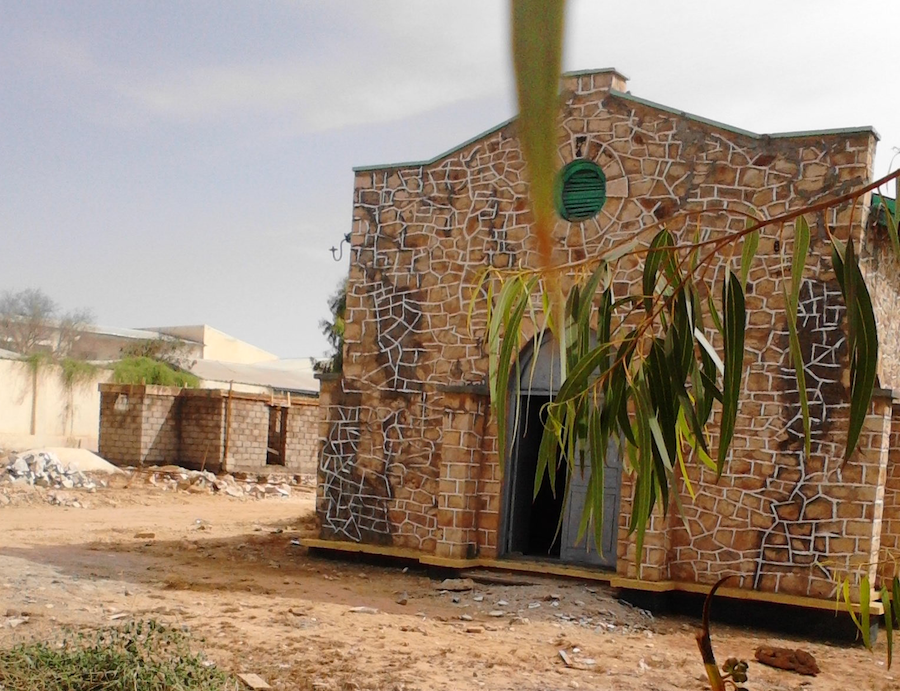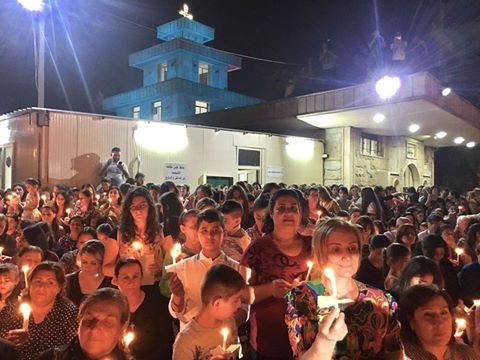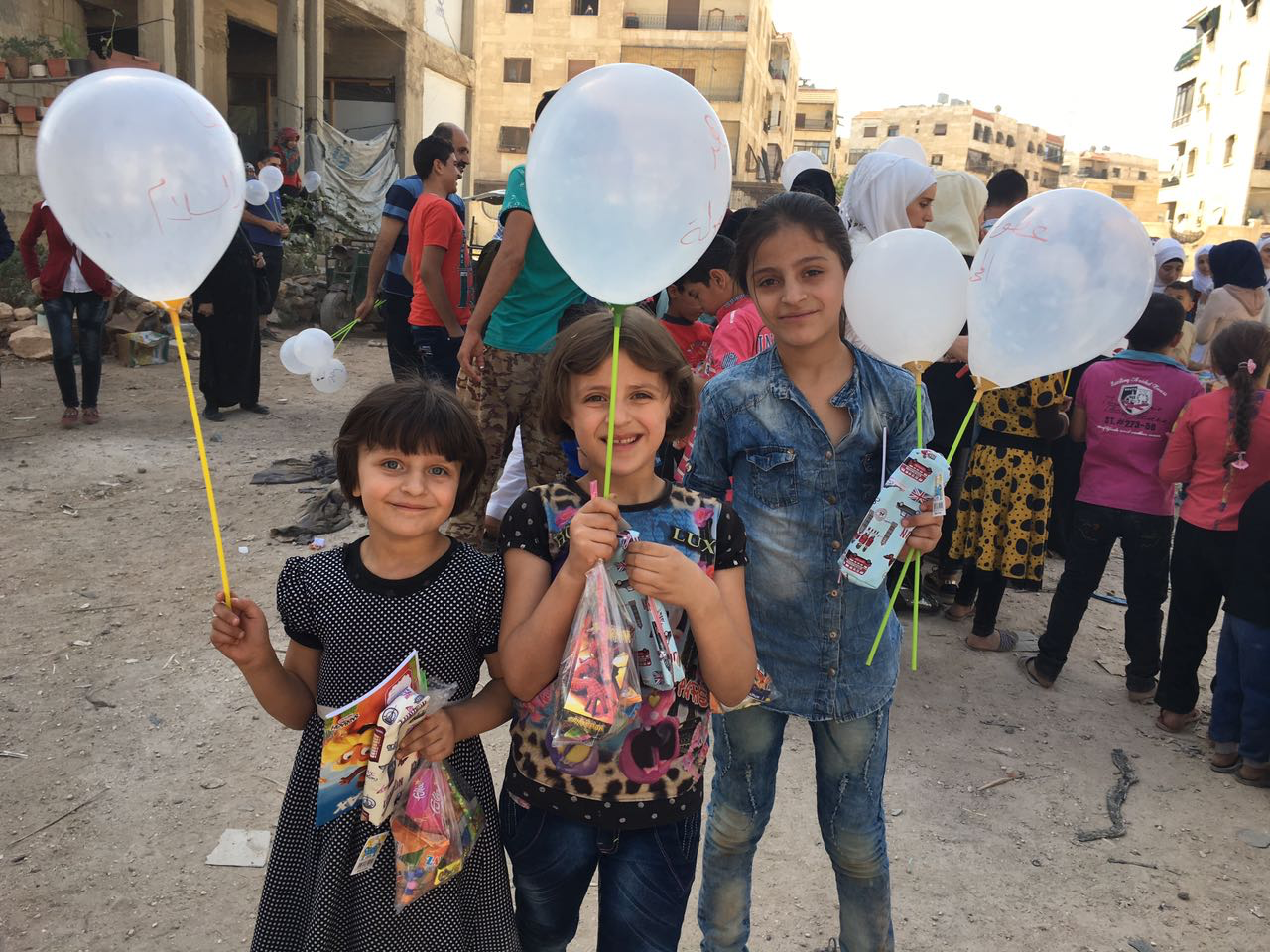Doomsday radio evangelist Harold Camping was wrong; the world did not end [two weekends ago]. But you could hardly tell from looking at Joplin [that]Sunday night, after the deadliest U.S. tornado in 60 years wiped out at least 122 lives and some 2,000 buildings.
The apocalyptic storm that struck this southwest Missouri town left all the usual questions in its wake: Why did this happen? Where was God? And how will this 50,000-person community ever recover?
Answers were hard to come by [last]week, as volunteers scoured crumpled cars and flattened buildings for signs of life while survivors stared in slack-jawed horror at the remains of their homes and their lives.
Some no doubt will attribute the tornado to God’s wrath, perhaps even describe it as an indirect fulfillment of Camping’s predictions. Others will cite it as proof that a benevolent deity does not exist and religion is a waste of time.
Among most people of faith, the search for theological explanations will take a back seat to the search for ways to help. Already, the churches not decimated in Joplin have transformed into shelters and gathering places for survivors, while houses of worship across Missouri and the nation have put the people of Joplin at the top of their prayer lists. Several Facebook pages have sprung up as hubs for those who want to donate and pray for the victims. Faith-based organizations such as Catholic Charities and the Salvation Army have mobilized to provide emergency supplies to the displaced. Religious believers from across the region have descended on Joplin to perform the works of mercy they believe God demands of them in times like these: to feed the hungry, give drink to the thirsty, clothe the naked, shelter the homeless, visit the sick and those imprisoned by grief, and bury the dead.
Some who help are motivated by nothing more than basic human compassion. Yet for the majority of Americans who believe in God, faith adds an extra impetus to make a difference, along with a concrete structure for doing so. The common ties forged through faith communities facilitate faster, more coordinated responses in times of trouble than would be possible otherwise. Government has a crucial role to play as well, but when government fails — as it did after Hurricane Katrina in 2005 — houses of worship and faith-based organizations are the ones that pick up the slack.
Research suggests that the effectiveness of faith-based groups in delivering disaster relief stems as much from the characteristics of their members as from their organizational structure. In their data-driven 2010 book, “American Grace: How Religion Divides and Unites Us,” political scientists Robert Putnam and David Campbell found a strong correlation between regular church attendance and good citizenship. Frequent churchgoers are more likely than other Americans to volunteer regularly and give to both secular and religious charities, the researchers found, and this “good neighborliness” edge exists regardless of where one worships. They credited the “religious friendships” that believers forge in their faith communities for the edge, since these friendships seem to encourage civic activism more than other types of relationships.
This is a great strength of religion in America, one we often overlook until tragedy strikes: that our individual religious commitments, enfleshed in organized faith communities and directed outward to acts of service, can relieve suffering, rebuild cities and renew hope. They can even restore faith to victims, who see in the kindness of strangers proof that God has not forsaken them after all.
Religion tends to get a bad rap in the wake of disasters like the one that decimated Joplin. It does not help that many of its loudest proponents are publicity hounds like Camping, who peddle a primitive, paint-by-numbers theodicy longer on idiocy than serious theology. Yet times like these also remind us of the good that religion — as opposed to mere do-it-yourself spirituality — can do, a good as genuine as a warm blanket, a hot meal and the promise of a hopeful future to follow heartbreaking loss.



